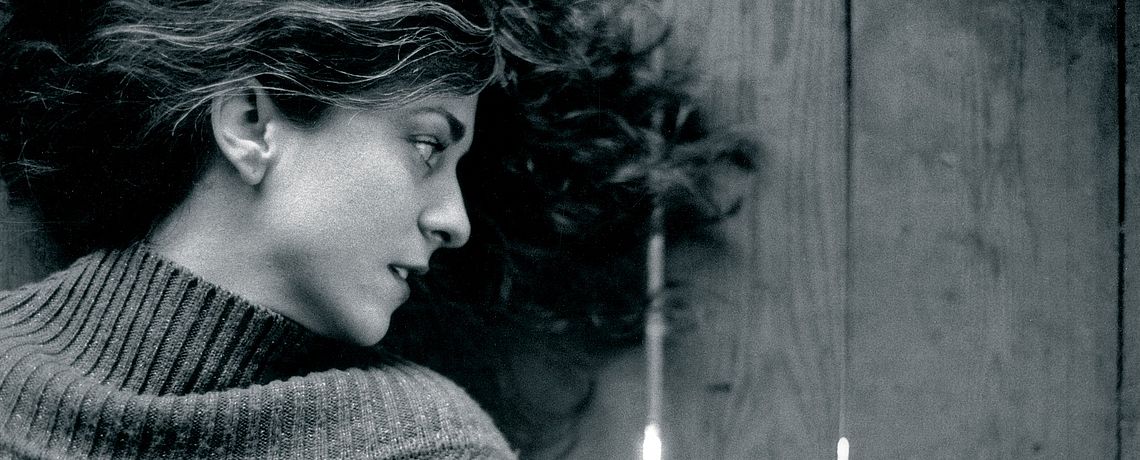Tess Wiley
Superfast Rock 'n Roll Played Slow (release: Nevember 7th, 2008)
Superfast rock and roll played slow and less is more. That was the motto for Tess Wiley’s third album due to be released in April 2007. A lot has changed in Tess’ life and music since the Texan released her last record “Not Quite Me” on Tapete Records. The most influential event was certainly the birth of her son Henry Fletcher in April of 2005. Tess soon realized that motherhood and creative productivity didn’t fit quite as well as the tiny diapers on her newborn baby’s bottom.
And so, downsizing became a keyword. The recordings for the album “Superfast Rock n’ Roll Played Slow” took place without a band, somewhere between the washer/dryer, the record collection and the changing table in her apartment in Giessen. Without any real recording equipment except what she managed to borrow, Tess had to be particularly innovative when coming up with, for example, a beat for the song “Raise your hand”. There you’ll hear the whack of a fist on an upholstered Vitra armchair in lieu of a bass drum, keys in a metal cup simulating a snare drum and a glockenspiel that’s actually just a wine glass. Her son’s toys didn’t go overlooked, either, when it came down to finding the right sound. As an example for such a guerilla approach, Tess looked to her husband Christian Roth (photographer and creative head of Hessenmob Skateboards), who has always proven that a lack of means doesn’t make a goal unreachable when you’re creative. Having met in 1994 at a festival in Holland where Tess was playing with the group Sixpence none the Richer, the couple’s artistic cooperation goes one step further on this record: the song “Anette” was originally written by Christian from a man’s point of view, but his wife reworked it a bit, and now it’s a party hit at Tess’ normally quiet and melancholic concerts.
You can truly feel the vastness of her homeland when listening to “Superfast Rock n’ Roll Played Slow”. If you close your eyes during songs like “Crying for you” (featuring Buddy Miller, guitarist and producer: Emmylou Harris, Shawn Colvin, Solomon Burke) or “Messed up everywhere blues”, you’ll hear anything but the “Sound of Middle Hessen”; rather something that Willie Nelson might listen to on the veranda of his farm while the sun paints the sky blood-orange as it lays itself to rest in the Texas Hill Country. The haunting cry of the singing saw on the instrumental “Slow”, played by Olivier Manchon (Sufjan Stevens, My Brightest Diamond), evokes a sense of longing otherwise conveyed by Tess’ voice. Musically, the artist seems to have found her home – somewhere between folk and country, right in the middle of Americana.
Through improvisation and home-recording charm, Tess Wiley’s new record is more intimate. More private. Closer. And that’s the beauty of it: her music tells of emotions, great and small, as a fact of life, and her melancholic voice articulates these delicate states of heart without succumbing to cliché. When Tess Wiley sings, the melody whispers the songs that we know all too well and whose lyrics we thought we’d forever forgotten.


